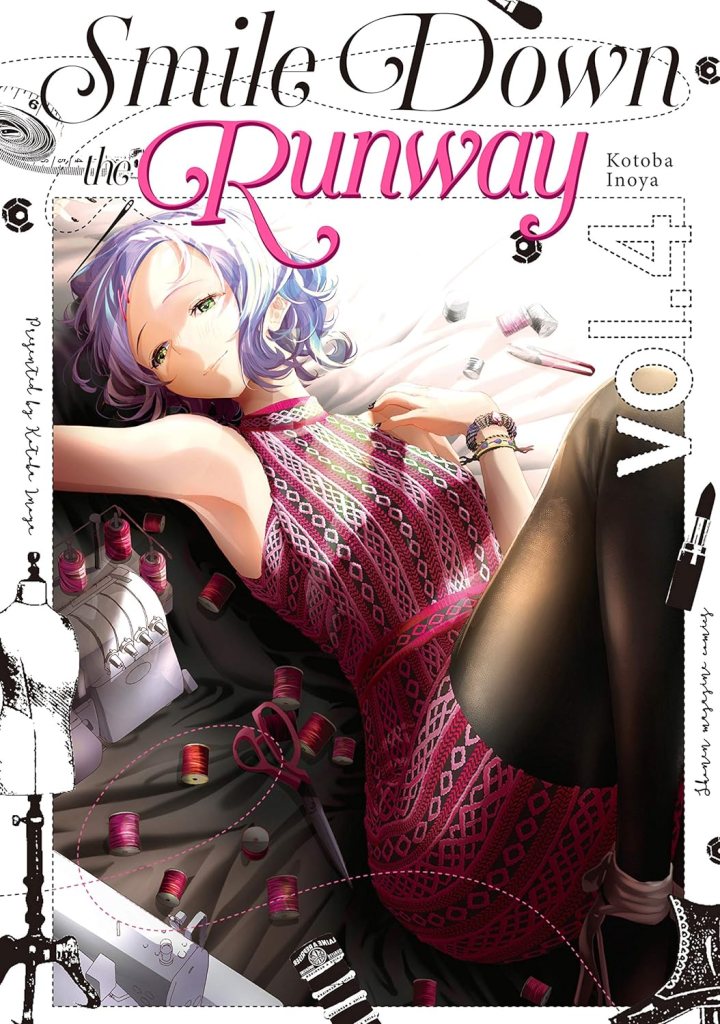
Smile Down the Runway is a manga and anime series about pursuing dreams that are supposedly impossible. Whether it’s an aspiring fashion model whose short stature is seen as too high a hurdle to reach the upper echelons of the industry, or a hobbyist clothing maker up against the biggest names in the business, part of the appeal is seeing them strive against the odds and change how the world sees them. Outside of the main characters, though, there’s another whose plight intrigues me, as it speaks to the classic divide of talent vs. hard work, but not in the typical way: Hasegawa Kokoro is a generational talent in the modeling world whose true passion actually lies in fashion design.
The character of Kokoro presents a number of interesting problems in terms of how we view whether a person’s endeavors are worthwhile. Many people in the world can only reach a decent level of competence in whatever field they work in, while Kokoro just naturally excels at her job. If she’d be a top 1% model but only a top 20% designer at best, going with the latter might be seen as a sheer waste of talent. And with a natural height and an unmistakable aura that make her the envy of her peers, wanting to instead pursue a different path that she enjoys more can come across as a luxury few would ever have the opportunity to utilize. It can sound like the plight of the privileged.
However, it all leads to the question of what makes a person happy, and how much we value that feeling. It’s common advice that if a job is making you miserable, you should quit if you can afford to, or at least look for opportunities to begin breaking away from whatever hellscape you’re chained to. But what if you find your current job—one you excel in—to be pretty okay? Is it worth your while to transition to a field where you’d potentially be an also-ran? Do we value immense skill so much that small sacrifices of personal contentment are okay? We presume that being at the summit is the ultimate satisfaction, but Kokoro and people like her might obtain bliss just climbing a path they’ve found rather than one bestowed upon them.
In this sense, Kokoro reminds me of Hololive Virtual Youtuber Calliope Mori, who has spent the past year and change taking herself in different directions that challenge the initial image she presented as she rose to prominence. There are differences—Calli continues to embrace her initial persona for the most part—but the decision has brought on supporters and detractors alike for all the reasons detailed above.
When it comes to the notion of talent vs. hard work, stories like the ones found in manga often focus on one area. How does the genius compare to the grinder? But to have both in the same character—as is the case with Kokoro—adds wrinkles to the juxtaposition that make me think about what people, both individually and as a whole, see as important to a good life.